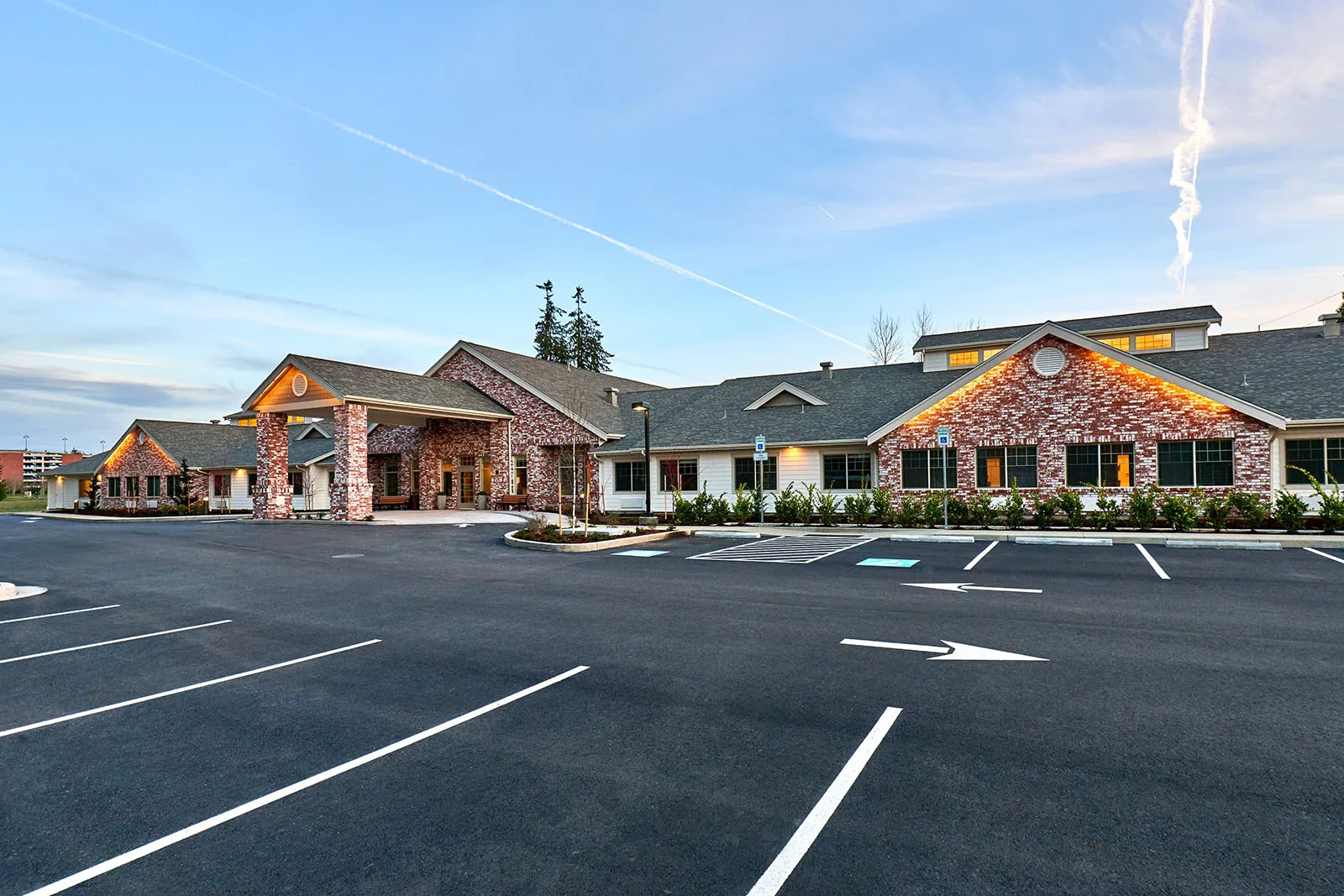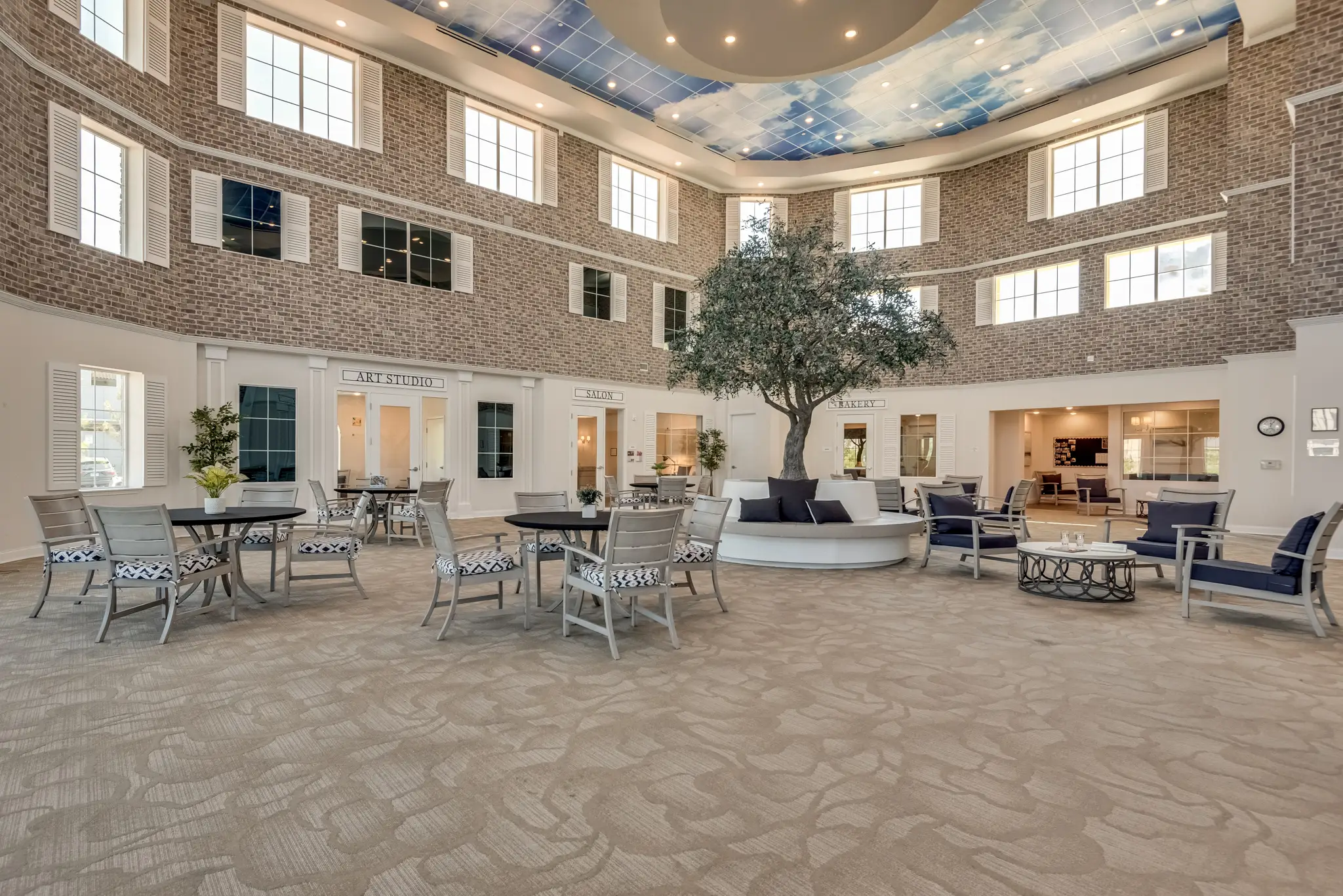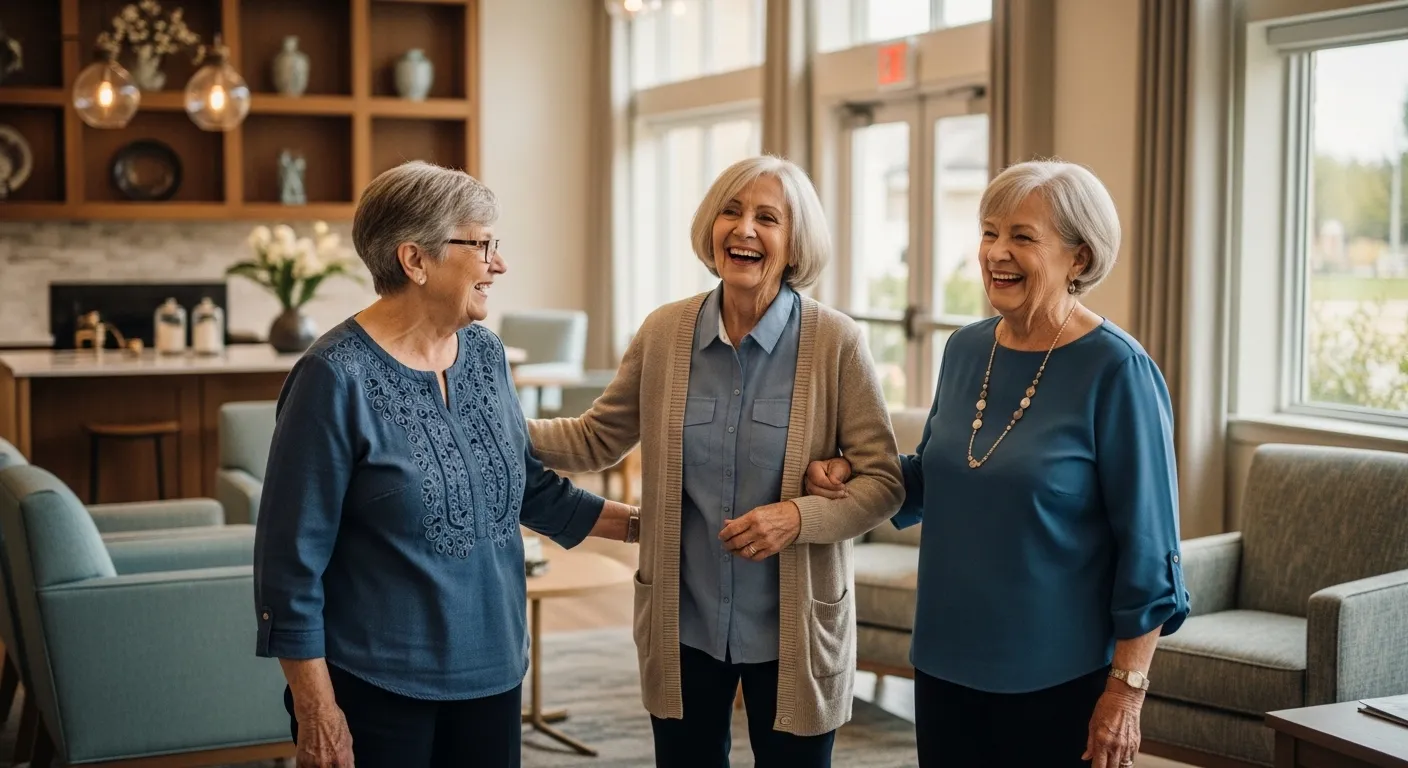Specialized Dementia Care Facilities: A Complete Guide for Families

When a loved one is diagnosed with Alzheimer’s or another form of dementia, the path forward can feel uncertain. As the condition progresses, care needs increase—and for many families, finding the right environment becomes essential. That’s where specialized dementia care facilities come in.
Whether you’re looking for full-time support, safety, or peace of mind, this guide will help you understand what these facilities offer, who they’re right for, and how to confidently choose the best care.
What Are Specialized Dementia Care Facilities?
Specialized dementia care facilities are residential communities dedicated to supporting individuals with progressive cognitive decline. Unlike general assisted living, these facilities are specifically designed for those with Alzheimer’s, vascular dementia, Lewy body dementia, and other memory-related conditions.
They provide:
- 24/7 supervision by dementia-trained staff
- Secure, structured environments to prevent wandering or confusion
- Personalized care plans tailored to cognitive and behavioral needs
- Therapeutic programming focused on engagement, routine, and comfort
Want to better understand how dementia care differs from other senior services? Check out this guide comparing memory care, assisted living, and nursing homes.
Why Choose a Specialized Dementia Facility?
As cognitive decline progresses, traditional care settings may no longer meet your loved one’s needs. Specialized dementia care offers benefits that general communities often can’t provide:
✔️ Cognitive-Friendly Design
- Circular floor plans to avoid dead ends
- Color-coded cues for navigation
- Calming lighting and noise control
✔️ Safety & Supervision
- Secure entries and exits
- Fall-prevention features
- Staff trained in de-escalation and behavior management
✔️ Therapeutic Engagement
- Reminiscence therapy, music, and art
- Social connection and structured routines
- Programming that evolves as dementia progresses
Learn more about what memory care really offers and how it supports holistic wellness.
Who Needs Specialized Dementia Care?
Consider transitioning to a dementia care facility when your loved one:
- Frequently wanders or becomes disoriented
- Exhibits confusion, aggression, or personality changes
- Forgets essential tasks like eating, bathing, or taking medication
- Becomes unsafe alone—even for short periods
- Requires support that’s beyond your capacity as a caregiver
Still unsure? This article can help you determine when it’s time to move from general care to memory care.
What to Look for in a Specialized Facility
Not all communities are created equal. Here are the key features to evaluate during your search:
🧠 Staff Qualifications
- Is dementia-specific training required?
- Are staff familiar with Alzheimer’s, Lewy body, or other subtypes?
🏠 Facility Layout & Safety
- Is the community secure and easy to navigate?
- Are there indoor and outdoor spaces designed for safety?
🧩 Programming & Enrichment
- Do they offer structured activities every day?
- Are therapies adapted to each stage of dementia?
❤️ Family Involvement
- Are families included in care planning?
- Do they provide updates or support groups?
For inspiration on resident engagement, check out these 50 dementia-friendly activities.
Paying for Care
Specialized care may cost more than general senior living, but the value is in the level of tailored attention, safety, and expertise. Learn about how to pay for memory care, including insurance, veterans’ benefits, and financial planning strategies.
Not Quite Ready? Consider Respite Care
Respite care allows families to try out memory support services through short-term stays. It’s a helpful way to gauge a community’s fit before committing long term—and a critical support tool for caregivers in need of rest.
Frequently Asked Questions (FAQ)
Q: What makes a dementia care facility “specialized”?
A: Unlike traditional senior communities, specialized dementia care facilities are exclusively focused on memory loss. They offer secured environments, trained staff, and enrichment activities designed specifically to support cognitive and behavioral changes associated with dementia.
Q: How do I know if my loved one needs specialized dementia care?
A: Common signs include wandering, aggression, increased confusion, missed medications, weight loss, or safety issues at home. You may also notice emotional changes like paranoia or extreme anxiety. If caregiving has become overwhelming, it’s time to explore professional support.
Need help identifying the early signs of dementia? This guide can help.
Q: What does a typical day look like in a dementia care facility?
A: Days are built around consistency. Residents follow a routine that may include light exercise, meals, creative or cognitive activities, social engagement, and rest periods. Structured, familiar schedules help reduce confusion and agitation.
Q: Can my family stay involved in care?
A: Yes—most communities encourage family participation. You can attend care planning meetings, join activities, visit regularly, and receive updates. Learn how locally operated communities value family connections.
Q: Are there different types of dementia care programs?
A: Yes. Facilities may adapt their care by dementia type (e.g., Alzheimer’s vs. frontotemporal dementia) and stage. Look for communities with flexible care plans and staff trained in various types of cognitive disorders.
Q: What role does food and nutrition play in dementia care?
A: A balanced diet can support brain health, mood, and physical strength. See this list of the best 15 foods for dementia patients.
Contact us
learn more about our
community

More Articles & Resources
EXPLORE THE ONELIFE COMMUNITIES




















